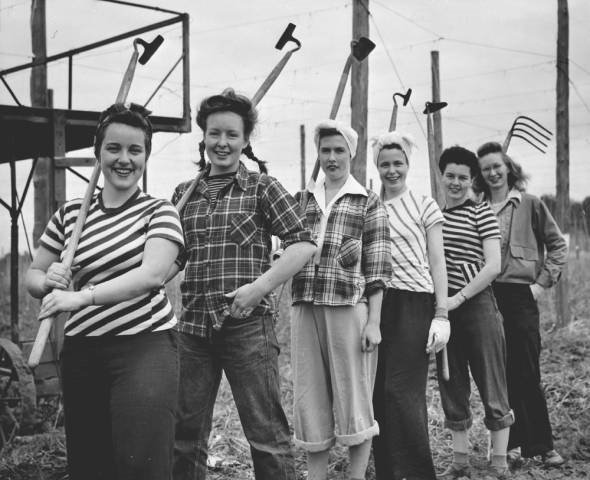Professor Debra Larson is teaching a course on Beat Literature at the Lawrenceville School, a prep school in Lawrenceville, NJ. In the grand tradition of the Beats, she is requiring her students use typewriters for their papers. Since she and a fellow English teacher both used typewriters, decided that her students needed the experience of writing all their papers by hand, and typing them on a typewriter. Apparently, she says, the tap tap of the keys will "change the way that they think." "They have to be a lot more deliberate about their writing, and committed to the words that they type" because "the computer lets you change a manuscript so quickly ... it’s diminishing the first drafts. First drafts and second drafts disappear just as you hit the backspace keys. We don’t really have the legacy of the crossouts and the strike-through."
And so, those drafts, upon drafts, upon that I wrote of my grad thesis would have been lost-- unless they were on a wiki, of course! Well, and unless I hadn't printed them all out from my computer...
The typewriter is getting a lot of press these days, specifically for its impact on he writing process, which seems to have something to do with the noise, physical contact, and pain of carrying around lots of paper & correction fluid.
In "The Typing Life," an article in the April 9th issue of the New Yorker, Joan Acocella reviews a book entitled The Iron Whim: A Fragmented History of Typewriting by Darren Wershler-Henry. The book explores the typewriter, its murky and unremarkable origin, drugs, monkeys, the role of women-- are you interested yet? Oh, and then there is the celebrity gossip!
Acocella tells us that
"Nietzsche used a typewriter. This is hard to imagine, but in the effort to stem his migraines and his incipient blindness-symptoms, some scholars say, of an advanced case of syphilis-he bought one of the new contraptions. So did Mark Twain, and he was the first important writer to deliver a typewritten manuscript, 'Life on the
Apparently, "James got used to the sound of his Remington; when it was in the repair shop and he had to use a loaner, the new machine's different sound drove him crazy." And, interestingly enough,
"for years after his death, his devoted typist, Theodora Bosanquet, claimed that she was still receiving dictation from him ... through her spirit medium she was informed that Thomas Hardy, George Meredith, and John Galsworthy, all as dead as James, also wanted to use her stenographic services."
William S. Burroughs and Kerouac (as we know from the prep school class) both used typewriters. Fun fact: apparently, Burroughs' and Kerouac's relationships with their typewriters were heavily mediated by drugs. "Kerouac would buy nasal inhalers, pry them open, and eat the Benzedrine-soaked paper within, followed by a chaser of coffee or Coca-Cola." Acocella tells us that they've changed the formula since then...
Acocella also explores our relationship with the computer, something Wershler-Henry does not do. She asks us to consider "our physical involvement with the typewriter, which stands in relation to our connection with the P.C. as a fistfight does to a handshake." Instead of the banging and stabbing, there is a "gentle, pitter-patter sound;" instead of a clean sheet of paper, the "record of the torture of thought," we have a screen, "a kind of indeterminate space" that "does not seem violable in the same way as the page" -- and is "effortlessly and undetectably erasable." No record of the struggle to find words, no white-out, no cross-outs. No taped together sheets of sliced up paragraphs-- it's so easy to cut & paste, move things for better or worse.
And, really, I always thought typewriters were loud...
